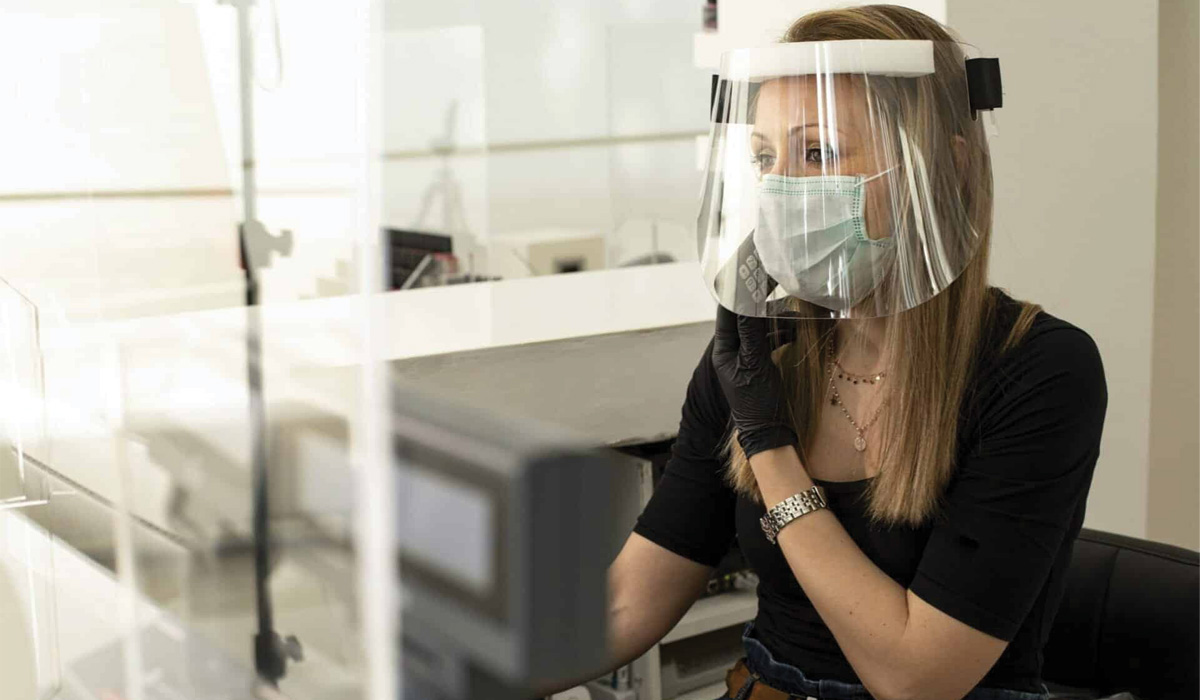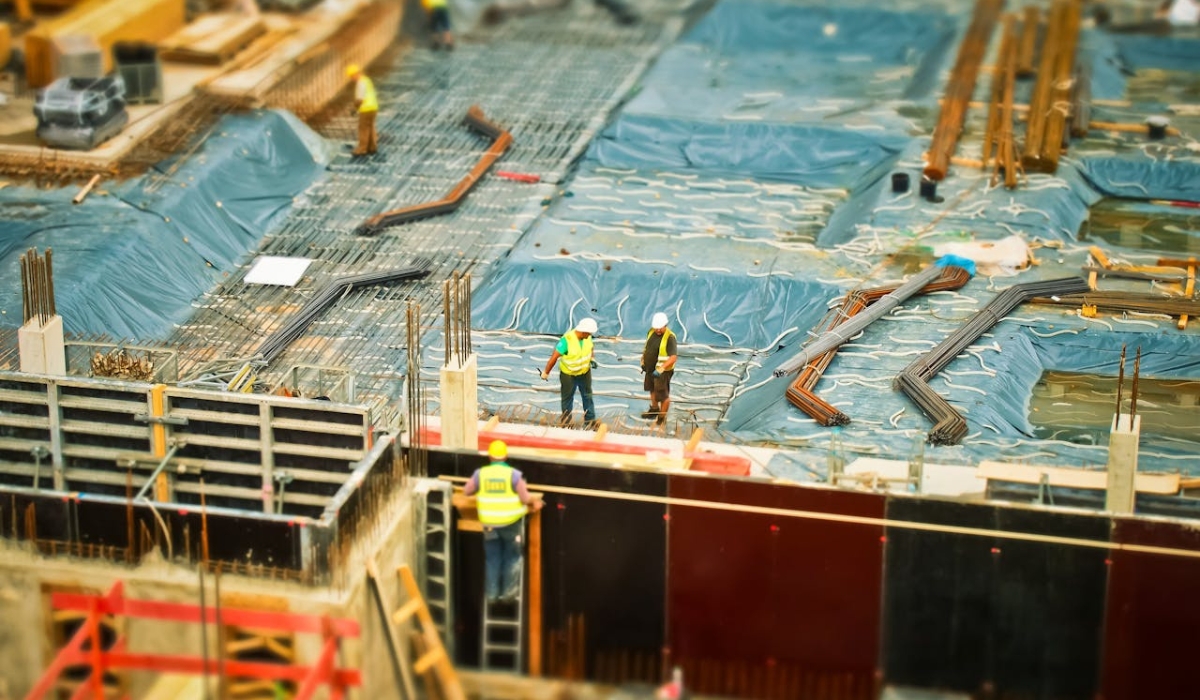You may have heard your employer mention health surveillance, and it might have left you wondering what it involves and what it means for you.
Is it just another HR tick-box? Will it affect your job? And is it something to worry about? The short answer, you’ll be relieved to know, is: no, it’s not a cause for concern, but it is something worth understanding.
At The Health Suite in Leicester, we provide independent occupational health services, including employee health surveillance. The goal is to protect your well-being while you’re at work, not to monitor or penalise.
What’s Involved in Health Surveillance?
Much like the name suggests, there is a system of regular checks or screenings designed to detect early signs of work-related ill health.
It’s not about general health monitoring or personal lifestyle choices. Instead, it focuses specifically on risks that may come from the job or working environment, which include:
- Loud noise
- Hazardous substances
- Chemicals, fumes & dust
- HAV – Hand-arm vibration
- Night shift work or display screen equipment
You might have a job that requires you to have exposure to some of these risks, in which case your employer may be legally required to offer health surveillance under UK regulations. This is particularly pertinent due to the Control of Substances Hazardous to Health (COSHH), Control of Noise at Work Regulations, or the Control of Vibration at Work Regulations.
What Happens During Health Surveillance?
Whilst health surveillance in general does what the name suggests, any specific or unique checks involved in it will vary depending on what your job role is and what risks it presents. You might, for example, be exposed to loud noise regularly and a specific check for you might include audiometry (hearing tests) to track any early signs of hearing loss.
Or if you work around materials like chemical agents or dust/fumes, you might have lung function tests to check that your respiratory system isn’t being affected. For those who handle irritants or cleaning agents, skin checks may be performed. Whilst for those who handle vibrating tools often, assessments for hand-arm vibration syndrome (HAVS) may be ordered.
If you work in an office environment and this involves a lot of work on screens, there can also be vision screening tests. While people in physically demanding roles may have vision and musculoskeletal assessments to identify early strain. These tests are usually quick, non-invasive, and repeated annually or at appropriate intervals.
Why Does Health Surveillance Matter?
For the most part, you probably feel fine at work – but it’s still possible that health surveillance can uncover early warning signs that might otherwise go unnoticed.
This matters because:
- Some conditions develop gradually, like hearing loss or vibration-related nerve damage
- Early detection allows for treatment or workplace adjustments
- You’re protected from long-term health complications
- Your rights and health are safeguarded under health and safety law
Remember: it’s about protection, not punishment. A health surveillance programme is in place to look after you, not to judge your performance.
Your Rights as an Employee
If your employer offers or requires health surveillance, you have the right to:
- Be informed about why it’s being done
- Access your results and discuss them with an occupational health professional
- Confidentiality – your medical data is protected
- Raise concerns about symptoms or working conditions
And importantly, health surveillance should be free of charge and conducted during paid work hours.
You might be unsure as to why you have been referred, and now worried about what it involves. If that’s the case, please don’t hesitate to seek clarification, either from your manager or even directly from the occupational health provider.
What If a Problem Is Found?
If a health surveillance check reveals a concern, for example, reduced hearing or early signs of HAVS, you won’t automatically be removed from your role.
Instead, a qualified occupational health clinician will:
- Discuss the findings with you in private
- Offer medical advice and support
- Recommend reasonable adjustments to your employer (with your consent)
- Possibly refer you for further clinical evaluation if needed
Your health comes first, and the goal is always to keep you safe and at work where possible.
Does Health Surveillance Affect My Job?
This worry is common, but in most cases, the answer is that it won’t affect your job negatively. When health surveillance is used, it’s more about helping you stay in your job rather than finding issues to get you out of it.
When potential problems are isolated early on, you and your employer have the chance to make changes that protect your health long-term. For example, things like adjusting your work patterns, using different equipment, or improving protective measures.
It’s also worth noting that any recommendations from occupational health are just that: recommendations. Your employer must consider them carefully and support your ongoing ability to work safely.
Who Needs Health Surveillance?
It’s not for every employee, but it is for those who work in environments where occupational risks are higher than average. For example, it could include people working in fields/industries like construction, where being exposed to fumes and dust is common. Or manufacturing and engineering, which often involve chemicals or loud machinery.
Even in warehousing, where manual handling and vehicle use can increase physical strain. Staff who are based in the office could benefit from screening if they work extended hours on screens, experience musculoskeletal symptoms, or work night shifts like nurses/midwives. Where health surveillance is needed should be determined through a formal risk assessment, and it’s your employer’s responsibility to arrange it.
Do I Have to Take Part?
Feeling unsure or anxious is understandable, of course, but if you choose to decline health surveillance without a reason that could be considered valid, it could pose problems for both your health and your employer’s legal responsibilities.
There might be a specific test you have worries about, for example, if there is discomfort involved or issues with privacy. In such cases, speaking to your line manager or the occupational health provider, and these concerns can be addressed sensitively and professionally.
How The Health Suite Supports You
At The Health Suite in Leicester, we work with individuals and businesses to provide independent, high-quality occupational health services, including:
- Audiometry
- Lung function testing
- Skin assessments
- Hand-arm vibration assessments (HAVS)
- Vision and DSE screening
- Fit-for-work consultations
- Support with return-to-work
Here at The Health Suite, our team makes sure that assessments are non-invasive, respectful, and confidential. We’re not here to make decisions about you; we’re here to support your health, well-being, and ability to thrive at work.
Your Health. Your Workplace. Our Priority.
If you’ve been referred for a health surveillance check – or think your workplace may require one – we’re here to help.
Contact our occupational health team to learn more or book a consultation at our Leicester clinic.
Let’s keep work safe, sustainable, and supportive, together.

